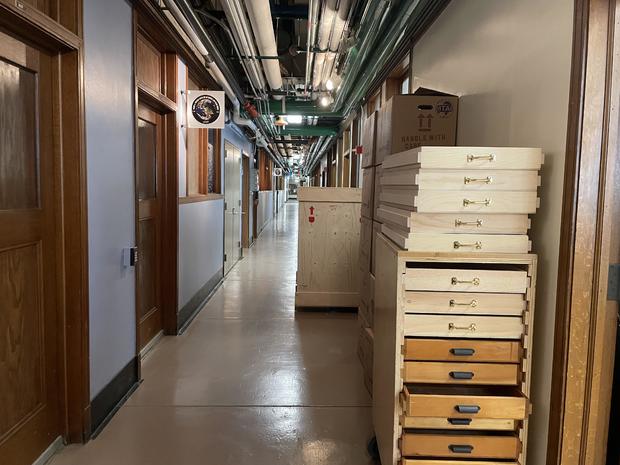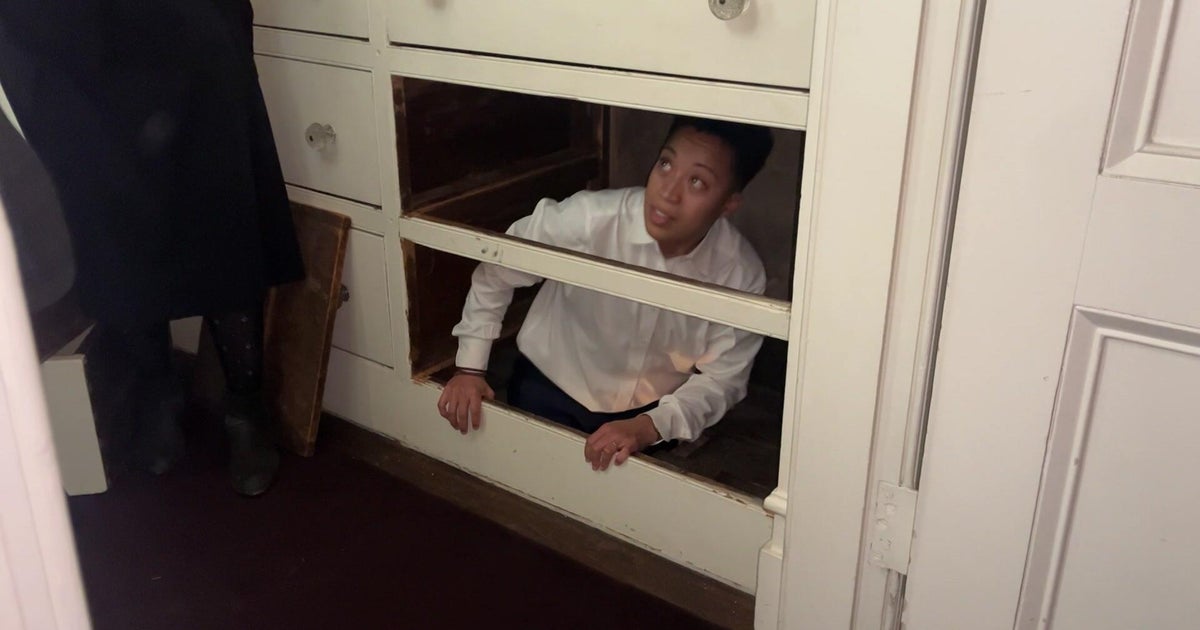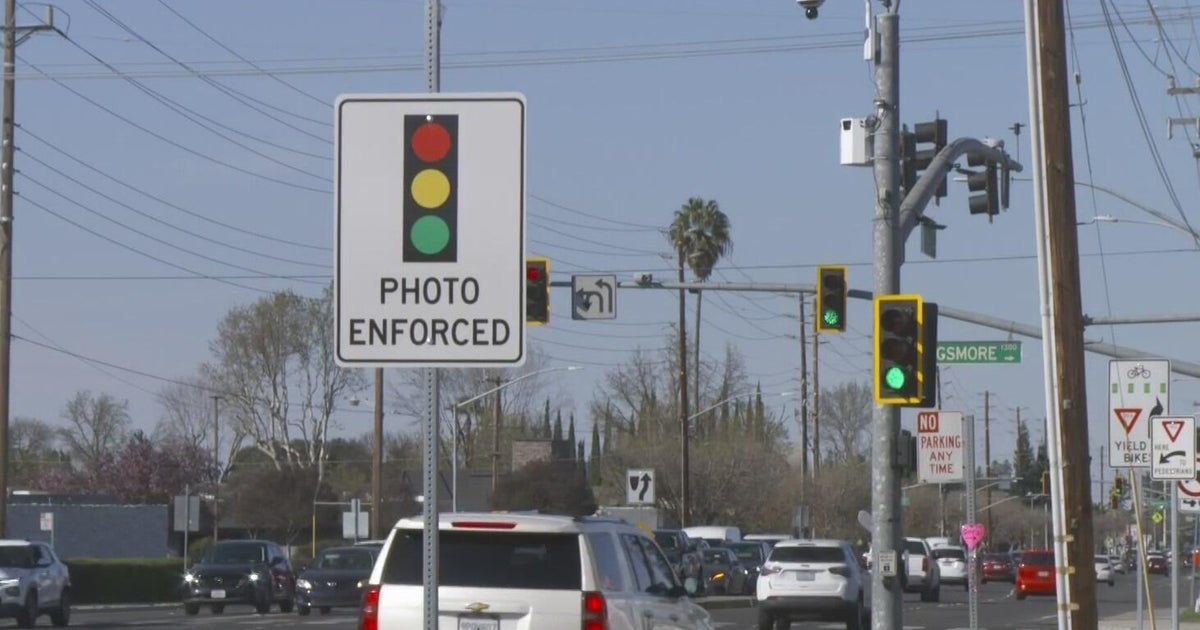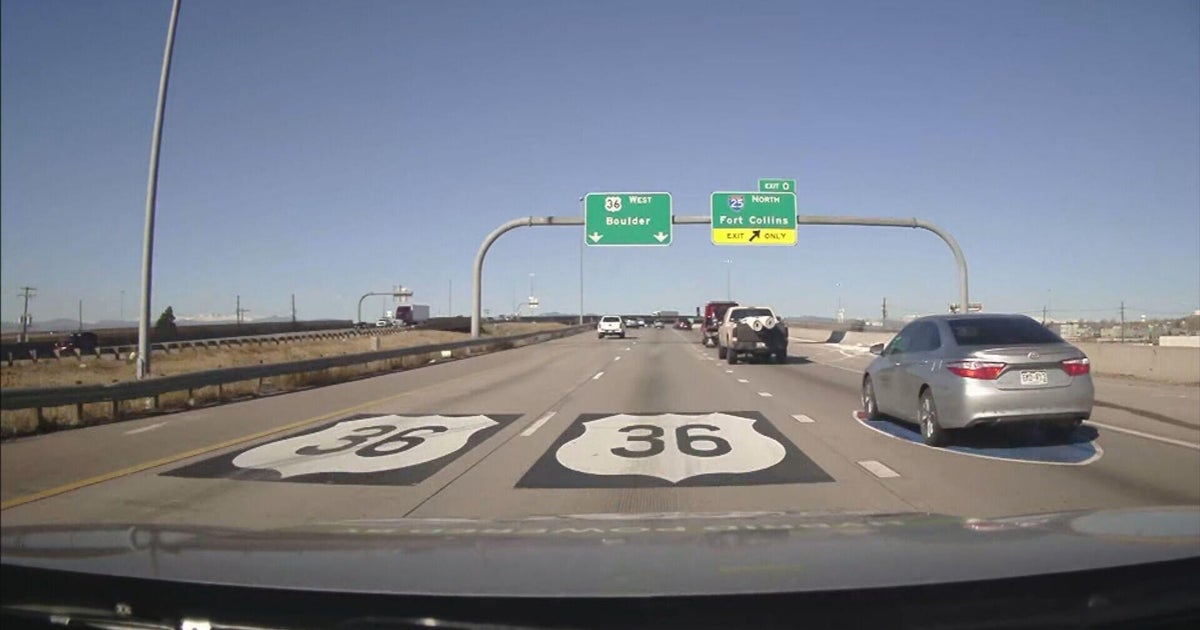Field Museum unveils fossilized meteorites from times before dinosaurs
CHICAGO (CBS) -- The Field Museum of Natural History unveiled an out-of-this-world discovery on Monday.
You might think of dinosaur bones when you think of fossils – and specifically fossils you might find at the Field Museum. But the museum reports that 467 million years ago – long before there was any such thing as dinosaurs – there was a giant collision in which something crashed into an asteroid out in space.
The result, the museum said, was that some pieces of rock came down onto the earth as meteorites. They sank into the ocean and got buried.
Over time, the meteorites' minerals were replaced, making them into fossils.
In a far more recent time we might call the 1980s, the fossilized meteorites were discovered by workers in a limestone quarry in Sweden, the museum said. They were inside slabs of limestone – sometimes next to fossilized sea creatures.
Since the discovery, more than 100 fossilized meteorites have been found – and the Field Museum has received 115 as a donation from the Boudreaux family. Terry and Gail Boudreaux were at the museum Monday to help unveil them.
"Fossil meteorites are really important because they can tell us about the evolution of the Solar System," Philipp Heck, the Robert A. Pritzker Curator of Meteoritics and Polar Studies at the Field Museum, said in a news release. "Meteorites that fall today can be different from ones that fell hundreds of millions of years ago, because some of the space rocks at the time came from different parent asteroids. Fossil meteorites are remnants of massive collisions and can provide insight into catastrophic events in our Solar System."













